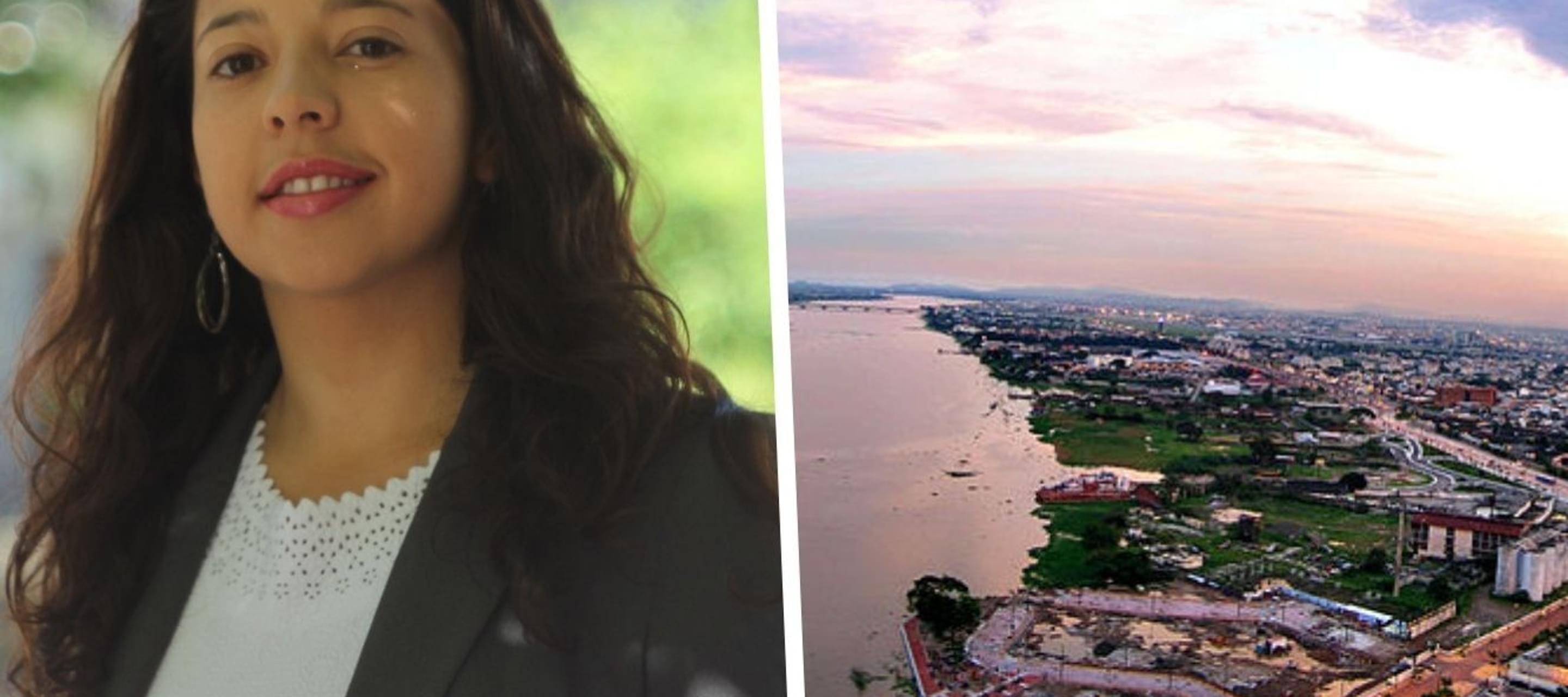Alejandra Rivera contributes to the UN-ECLAC workshop on Guayaquil’s City Plan
28 October 2021

On 21 September 2021, Alejandra Rivera, IHRB’s Built Environment Consultant, joined the online workshop “Validation and Feedback of the REACTIVA GUAYAQUIL Plan”. This citywide Plan for Guayaquil is part of the United Nations project “Building Urban Economic Resilience during and after COVID-19” where 15 pilots cities around the world (three cities in Latin America, five in Africa, three in the Arab Region, and four in Asia-Pacific) develop plans to reactivate their economies in sustainable ways. UN-ECLAC, the Economic Commission for Latin America and the Caribbean, coordinates this project in Guayaquil, as well as in Lima and Santo Domingo.
During the workshop, UN-ECLAC presented Guayaquil’s city recovery plan which is centered on affordable housing, sustainable development and decarbonisation. Alejandra was invited to participate in the event’s panel of experts to provide feedback and recommendations on the city’s plan.
She highlighted insights from IHRB’s recent “Better Building(s)” report, which provides recommendations and case studies on an inclusive and rights-based decarbonization process, with thematic focuses on non-discrimination, participation, workers’ rights, health, the role of technology, and most relevant for this event: the right to housing. Alejandra brought IHRB’s work and the report’s general recommendations to be adapted to local particularities and current challenges in Guayaquil.
The panel also included experts from the following organisations:
- Guayaquil Municipal Public Housing Company
- Popular and Solidarity Finance Corporation
- Litoral Polytechnic School (ESPOL), Public Policy Development Center
- MyHousing Fund of Peru
- UN-ECLAC’s Division of Sustainable Development and Human Settlements
In IHRB’s 15-minute intervention Alejandra commented on components of the city plan and on new local public policies to enable sustainable affordable housing.
Key points from the intervention were:
- The need to coordinate public policy actions with a multi-level (local to national) as well as multi-sectorial governance (including the public, private, third sector, civil society, and academia) into the implementation of the plan.
- New local policy that enables economic recovery and decarbonisation should also aim to reduce socio-economic inequalities and risks to human rights. This can be done by considering the policy’s benefits for three groups: primarily the city’s residents, followed by governments and investors.
- The public administration can harness multiple tools to enable an inclusive and sustainable local policy, including: procurement requirements, fiscal policy, and housing market regulation
- Likewise, city-wide strategies should seek to: strengthen the role of the municipal public housing company by increasing public housing stock, consolidate various projects into a city-wide housing investment programme, and develop local policy as in as participatory and collaborative a way as possible.
Watch the video (in Spanish only)
This intervention was in the context of IHRB’s built environment programme, which aims to advance human rights and a just transition in the building and infrastructure sectors.



